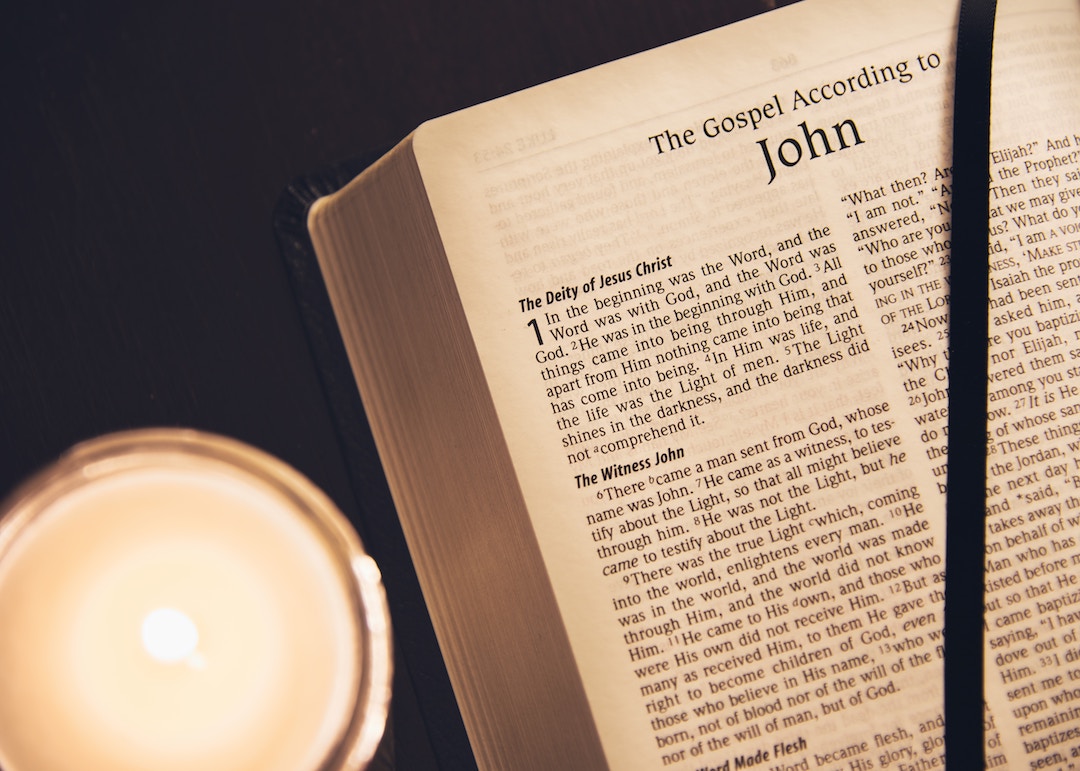The Testimony of a True Believer (John 1:19-28)
Pastor: Ben Muresan Series: John Topic: John Scripture: John 1:19–28
First Scripture Reading: Malachi 4:1-6
Second Scripture Reading: Luke 3:1-22
Sermon Text: John 1:19-28
When the religious leaders investigated John the Baptist to see who he was, they listed several names and titles that revealed their suspicions. Was he the Christ (whom they believed would lead Israel to victory over the Gentiles)? If not the Christ, then was he Elijah or some other influential leader? All the names and titles they put forth revealed their hope was merely in a human figure who would lead them in a victory that was more political than spiritual.
In whom is your hope? When you begin your morning, do you find greater comfort in who our President is than in who Jesus is? Mark Johnston writes:
When it comes to looking for deliverance, the hopes of every generation are set too low. For many, the hope is of economic deliverance achieved by just a little more prosperity. For others, it is social, political, or merely psychological deliverance—something to make life in this world a little more bearable. The Gospel makes us think again as to the real nature of our need. In essence our need is spiritual: the problem of a sinful heart. What we need is a salvation that can deal with sin in all its ramifications. To realize this forces us to think again as to who or what can save us.
- For review, read John 1:15-18. In what way does Christ reveal God? Can a person truly know God apart from knowing and trusting Jesus?
- Read John 1:19. Who came to investigate John the Baptist and why?
- Read John 1:20-21. Who are each of the people the religious leaders listed? Who was the Christ (according to their expectations)? Who was Elijah and what is the connection with Malachi 4:5? Who was “the Prophet” according to Deuteronomy 18:15-18? Do you agree with Mark Johnston’s assessment that their expectations of deliverance were too low?
- Now knowing Jesus’ true identity in the New Covenant and all that he did to accomplish our salvation, how does the Heidelberg Catechism Q/A 31 explain his title of “Christ”? (The question and answer is printed on the inside cover of the bulletin).
- What did John the Baptist mean by quoting Isaiah 40:3 when responding to the delegation from Jerusalem?
- Read John 1:25-26. What was the significance of John’s baptism? What was his role in redemptive history? What is the significance of baptism in the New Covenant?
- In preparation for next week, read John 1:29-34. What do you think is the meaning of John’s declaration in verse 29? How did Jesus “take away” our sin?
other sermons in this series
Feb 27
2022
Pastor Clayton Willis - Follow Me (John 21:19-25)
Pastor: Clayton Willis Scripture: John 21:19–25 Series: John
Feb 20
2022
Pastor Clayton Willis - Jesus Restores Peter (John 21:1-19)
Pastor: Clayton Willis Scripture: John 21:1–19 Series: John
Feb 6
2022
Pastor Clayton Willis - The Blessing of Belief (John 20:24-31)
Pastor: Clayton Willis Scripture: John 20:24–31 Series: John
